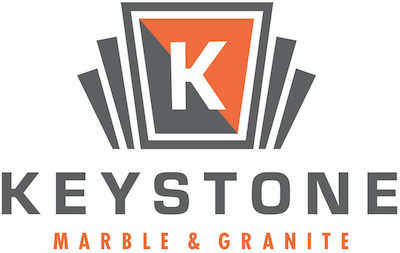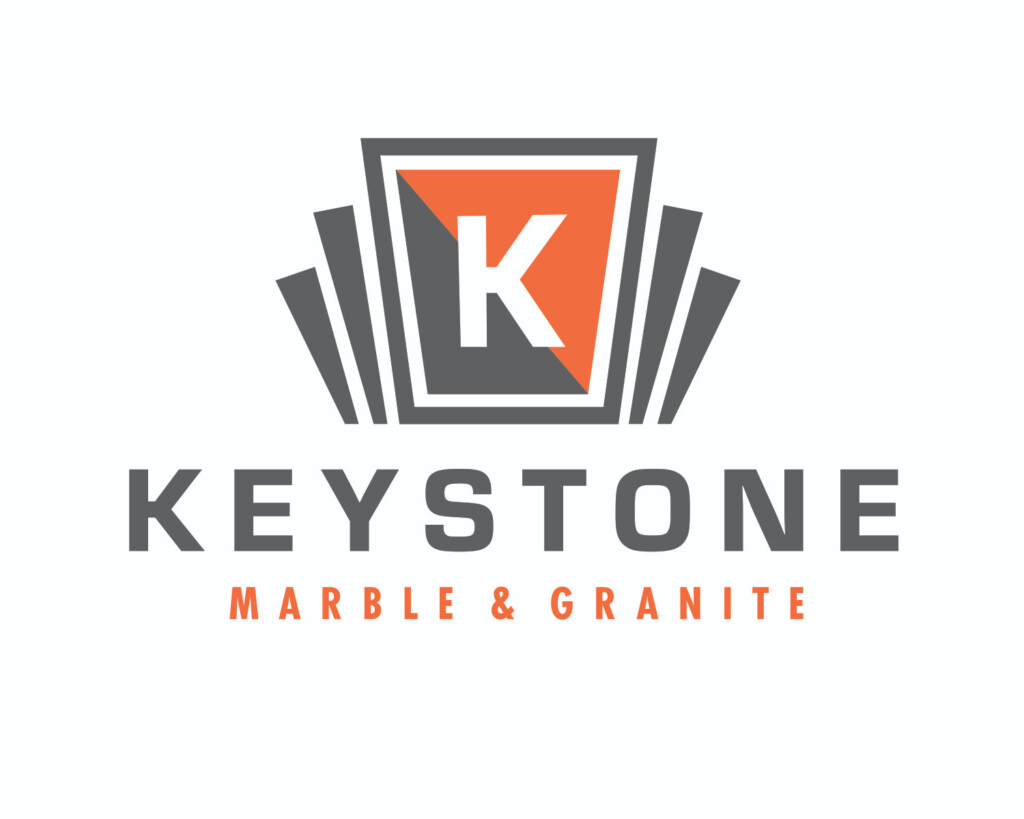Many people choose natural stones for their kitchen countertops because they are beautiful and durable. Since kitchen countertops is one of the first things people see, it is important to make sure they make a good impression.
Among the most popular natural stones for kitchen countertops is marble. However, some people confuse it with soapstone because both are metamorphic rocks and somewhat soft as stones go. Aside from these similarities, soapstone and marble stones are very different. Below is a close look at soapstone and marble countertops to help you tell them apart.
Origin
Marble and soapstone are metamorphic rocks, which means they formed from the breakdown and re-crystallization of another rock, its protolith. Marble comes from dolomite or limestone, which are calcium carbonates, while soapstone comes from magnesium-rich mineral talc.
Appearance
Soapstone looks a bit like soap, which is the reason for its name. It has a milky, cloudy surface shot with very faint, slightly darker veins. The typical color of soapstone is light gray, although white is sometimes available. The stone wears well but tends to darken over time, taking on a greenish hue that makes it look antique. This is a desirable development for some homeowners, but not for those that prefer their kitchen countertops to keep their color.
Marble has a delicate look, but it does not have the cloudiness or milkiness of soapstone. White is the most common color for marble, but it is also available in pink, red, blue, green, and even black. It has a much larger range of colors than soapstone, and while lighter-colored marble takes on a slightly yellow cast or patina over time, it does not change the base color appreciably.
For both marble and soapstone, choosing common colors means lower cost. For marble countertops, the range per square foot is from $60 to $85. Soapstone tends to be more expensive, even the common colors, ranging from $70 to $120.
Toughness
Most people think marble and soapstone are not ideal for kitchen countertops because they are quite soft. This is a common misconception. While both these stones are softer than granite or quartz stone, they are still stones, and very tough.
Soapstone looks particularly soft because of the talc in its composition, which gives it its soapy look. While artistic soapstone, which has a large amount of talc (up to 80%), does have the texture and softness of actual soap, architectural soapstone is another matter. This type of soapstone used for kitchen countertops is about 30% talc, so it is quite hard and able stand up to normal use in most kitchens.
Comparative to marble, however, toughness comes down to the law of averages. People measure the scratch-resistance of minerals using the Mohs rating scale. The top banana on this scale is the diamond, which gets a 10. Granite makes a respectable showing at six, with some varieties falling one degree on either side of the scale.
Soapstone slabs used for kitchen countertops clock in between one and five, depending on how much talc it has. Marble, on the other hand, falls somewhere between three and five. If you get the average, marble is tougher than soapstone in most cases, and lasts for many years as kitchen countertops.
Care
Soapstone edges out marble in some ways when it comes to caring for kitchen countertops. Any type of acid such as wine or fruit juices will etch marble while leaving soapstone unaffected. Marble is also slightly porous, like most natural stones, so it requires sealing to keep stains at bay. Soapstone, for some reason, is not porous at all despite being quite soft, so it is essentially stain proof. It does not need sealing at all.
However, there is a small catch. Soapstone may not need sealing, but it does need a regular application of mineral oil if you want to help it darken. Darker soapstone has more depth and is much more attractive than its original light gray, so most people want it. Some homeowners recommend oiling soapstone at least once a month until it attains the preferred shade of gray.
Soapstone countertops will not fall apart if you do not oil it, but stray oil splotches and drips is more noticeable in unoiled countertops. While these fade over time, you will always have some splotchy areas if you use your kitchen with any regularity. The mineral oil will not only darken the stone but do so evenly while keeping stains from making their appearance. You do not have to do this with marble, and you can avoid stains by keeping marble countertops sealed at all times and wiping up spills immediate.
Scratches are also an issue for both stones as they are relatively soft. Both marble and soapstone are relatively soft, so they can develop their fair share of scratches, and marble can etch, as mentioned earlier. However, you can sand or polish these off quite easily, so it is not the end of the world.
The good news is both soapstone and marble are heat resistant, so that makes either one of them a good choice for kitchen and outdoor use as well as for the fireplace. That said, it is still a good idea to avoid placing hot pans and pots directly on the surface.
Conclusion
Soapstone and marble countertops have their pros and cons, but overall, marble is a better choice for many homeowners. This might in part be due to most people associating marble with luxury and elegance. Marble being also more affordable and available in many more colors is only icing on the cake.
If you are ready to take the plunge with marble countertops, get in touch with a reliable countertop specialist. Keystone Marble and Granite can help you if you are in the areas of Columbus, Ohio, Delaware cities, Lancaster and Philadelphia, Pennsylvania.
We have showrooms in Lancaster and Horsham, Pennsylvania as well as New Castle, Delaware, so we can walk you through the granite or marble slabs we have available and explain how each one can benefit you in your kitchen or bathroom remodel.
We also carry the top brands in the quartz stones, including Cambria, Caesarstone, Silestone, and Zodiaq, all with manufacturer warranties. Once you have chosen your slabs, we provide free professional design consultation and quotes so you know exactly where you are before committing.
We are experts at fabricating and installing kitchen countertops, so you can be confident that you will get the very best in product and service quality. We also have a quick turnaround, so you will get your products on time and on budget.
Give us a call or send us an inquiry through our website to get the ball rolling!


